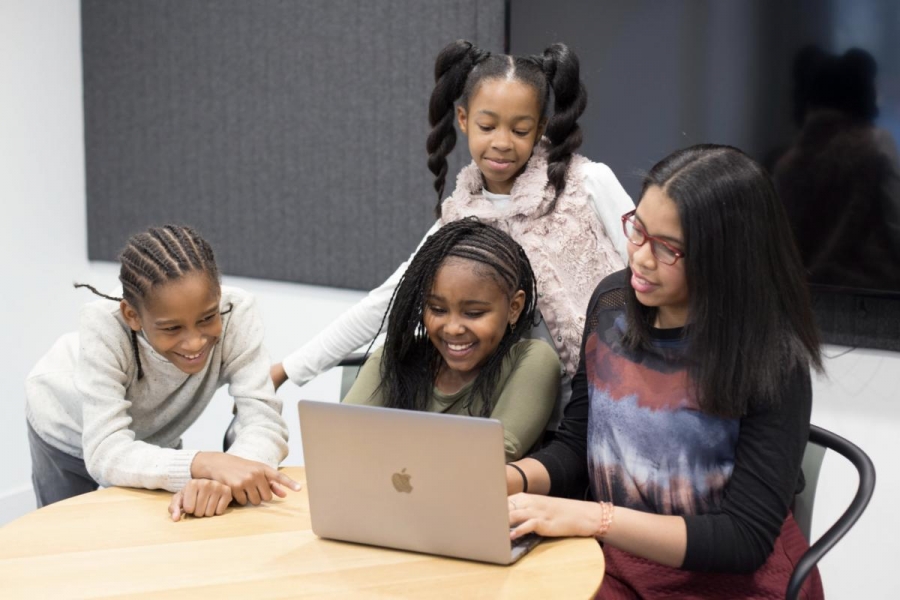Schools in the last decade have wrestled with reducing the barriers that young people have faced in and out of schools. We have seen countless initiatives that have attempted to bridge the gap between the haves and have-nots. Educational technology has long been seen as the great leveller, as it has the potential to give young people a modern learning experience and engaging content.
However, edtech is just a tool or an enabler to help enhance the teaching and learning experience. It needs outside involvement to motivate individuals, create emotional connections and provide genuine interactions. But quite often, depending who is controlling the narrative, the technology can be positioned to be the silver bullet or saviour to all our problems. This can be detrimental to schools because they end up spending huge sums of their budget on edtech that is costly to sustain and function on a daily basis.
The sudden appearance of coronavirus forced schools to become digital and changed the way we’ve done schooling. The majority of schools started to place work on their VLEs and delivered online teaching sessions. The concept of young people learning online and teachers being able to monitor progress became the new norm. However using edtech to paint over the cracks was always going to be an issue. Being in lockdown was going to present a mixed experience for young people depending on their home environment, family structure and technology access.
It was evident that edtech and schools expectations of doing work at home was a big ask due the current curriculum’s structure around exams and measurable targets. This style requires teachers to be hands on and guide students through their learning experience.
Another issue was the lack of tech young people have at home to access the resources that teachers had uploaded. Once again this shows that not all families have the same privileges, access or capabilities to function effectively at home. However, some schools have offered young people tablets and laptops to help them access their work from home. These quick fix solutions do help to reduce some of the barriers in the interim but present new unforeseen challenges.
Recent news reports have shown that only 20% of young people have engaged with the content that teachers have uploaded online. The need to think differently in this crisis may lead to having a different sort of curriculum in the future for example a portfolio based curriculum where students use a range of online tools to solve a problem that they are passionate about. Currently, edtech tools are mainly empty vessels which depend on the teacher to populate with content.
Much of the classwork uploaded online is the same work that demotivates young people in the classroom. What would be interesting to see if we gave young people more ownership in designing their own edtech experience and tools. This might encourage them to have a greater interest and experience using the technology. The future of edtech looks bright if they are ready to address the societal issues that schools face on a daily basis.
"Privilege is invisible to those who have it" - Dr Michael Kimmel


















